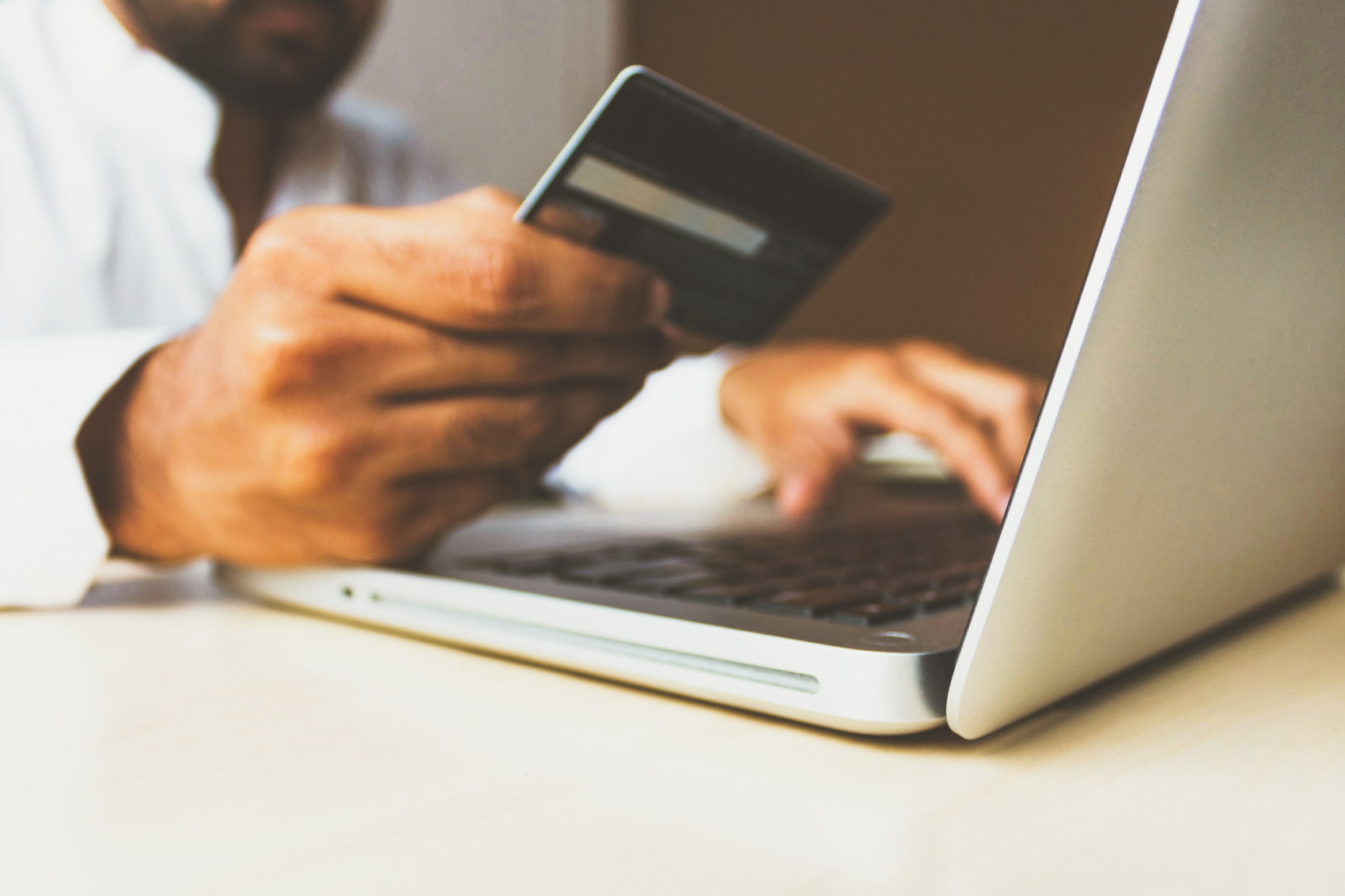A string of turbulent years for the UK economy has left many people facing a new financial reality. We’ve been through a cost of living crisis and, while inflation has returned to normal levels, the effects of that are still being felt.
For those still feeling the impact of the sharp increases in food and energy prices across 2021 and 2022, budgeting has never been more important.
Why should I budget now?
Rising prices have made it more challenging to make ends meet and save for your future goals. Budgeting can help you gain control of your finances by identifying areas where you can cut back, ensuring you have enough money to cover your essential expenses.
Setting clear financial goals
Before creating a budget, it’s worth having an idea of what your short and long-term financial goals are. This could involve paying off debt, saving for a house deposit or simply saving for an emergency. You can align your plan with those concepts.
Tracking your income and expenses
This will give you a clear picture of where your money is going and help you identify areas for change. There are many budgeting tools and apps that can make this process easier.
Be sure to include all of your spending, including credit card purchases. Using a credit card can be a convenient way to manage your finances, but it’s important to use it responsibly and avoid racking up a sizeable balance.
Building your monthly budget
Begin by categorising your expenses into essentials and nice-to-haves. Essential expenses include things like rent or mortgage payments, utilities, food and transport. Nice-to-haves are things like entertainment, dining out and hobbies.
A popular budgeting method is the 50/30/20 rule, which suggests allocating 50% of your income to essential expenses, 30% to nice-to-haves, and 20% to savings or debt repayment. However, you can adjust these percentages to suit your circumstances.
Review and adjust your budget regularly
Your budget is a living document you should review and adjust regularly. As your income or expenses change, you may need to make alterations to ensure it remains effective. It’s also important to assess how it has affected your progress towards your financial goals.
Be sure to remember that no matter how well you plan, there’s always a chance of unexpected expenses arising. It’s important to have an emergency fund to cover these costs, so try to ensure you factor this into your budget. Aim to save at least three to six months’ worth of living expenses in your emergency fund. If you don’t, your budget may quickly go out the window and need significant reworking.







